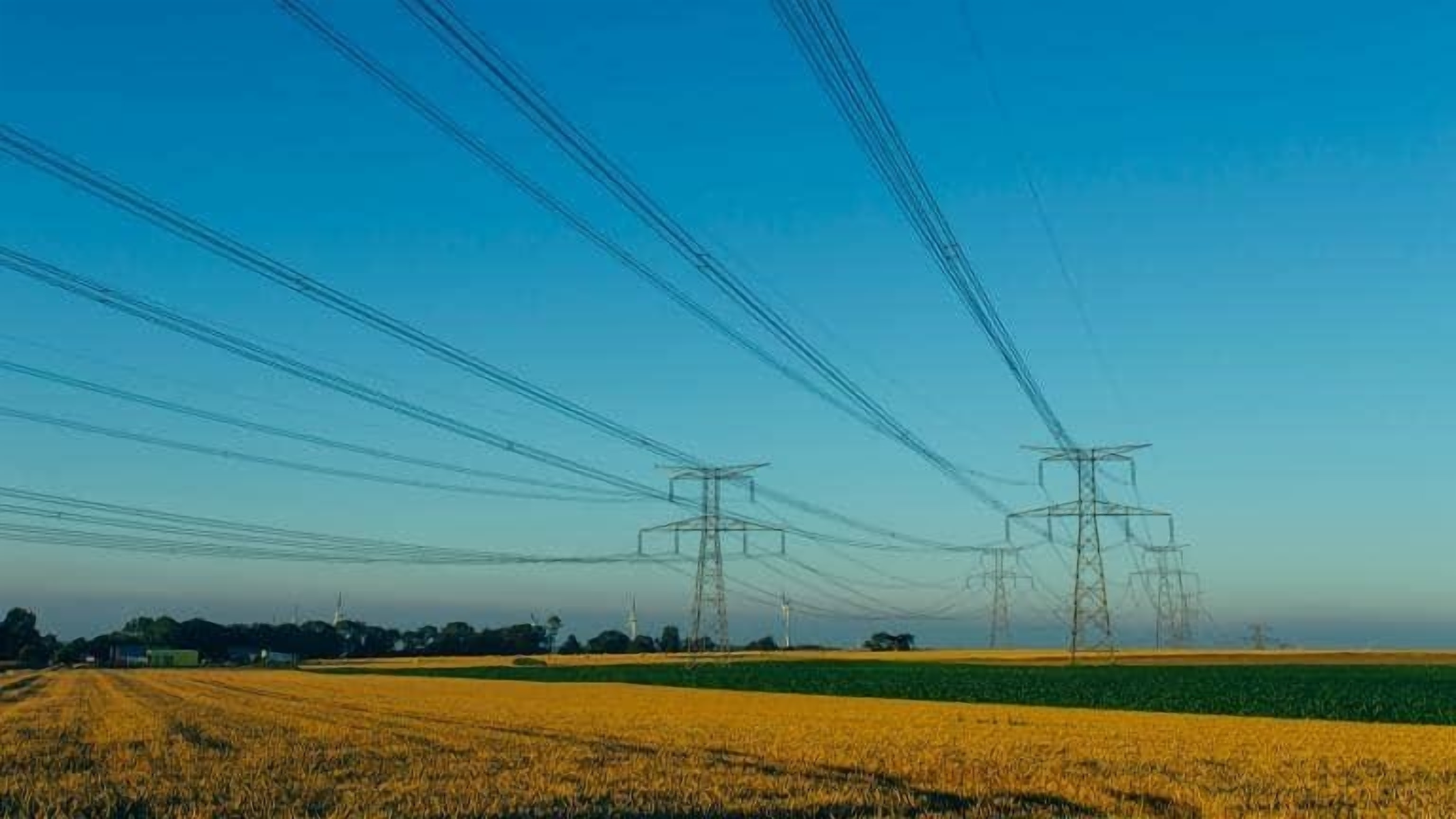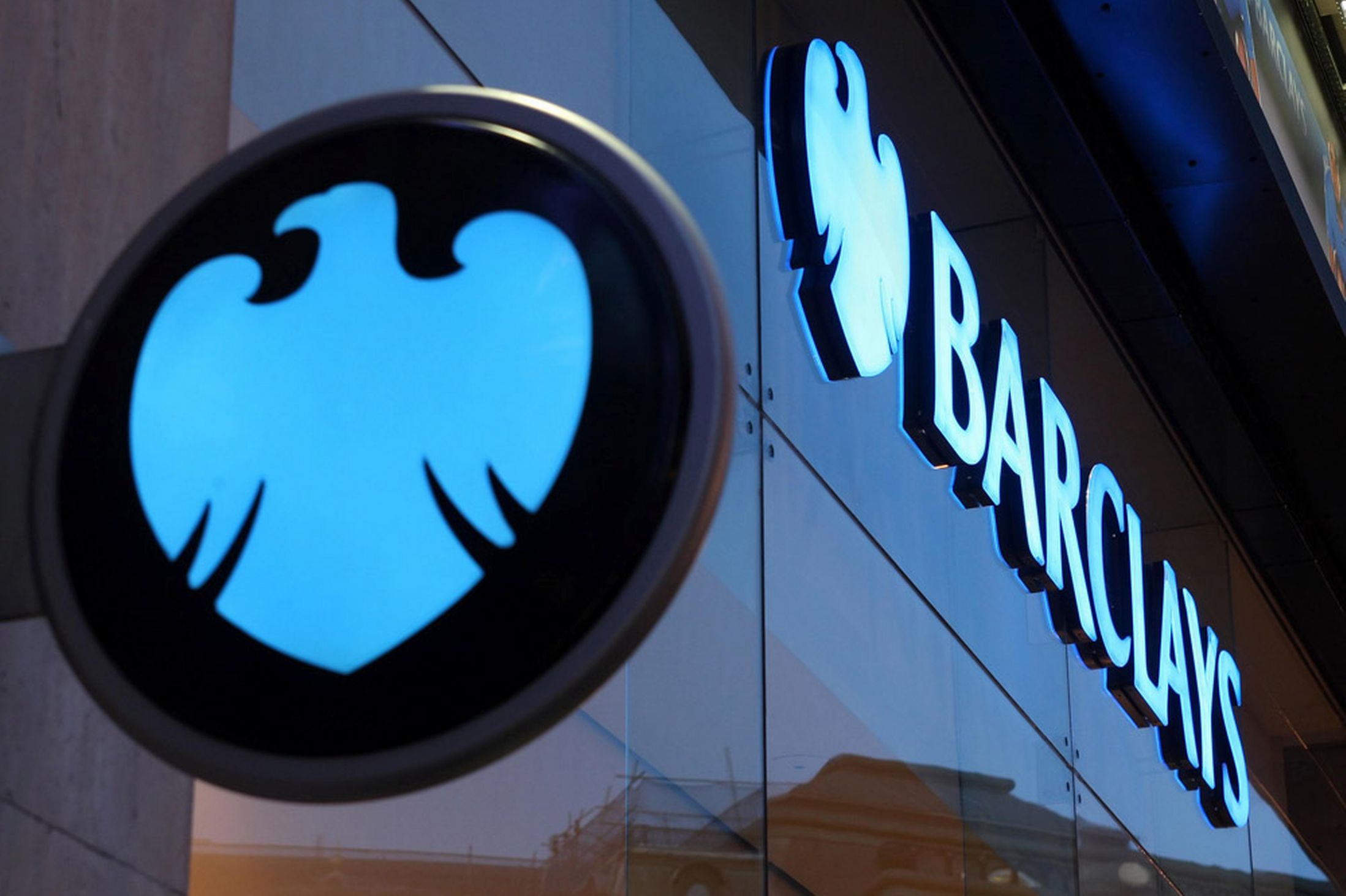Capital Shift: Barclays Targets Energy Decarbonisation
Barclays PLC

Barclays updates its Climate Change Statement, focusing on clients committed to the energy shift.
Building on their pledge to invest $1 trillion in sustainable and transitional finance by 2030, Barclays unveils a new Transition Finance Framework and strengthens their Climate Change Statement. This outlines stricter guidelines for their energy clients:
No funding for new oil and gas projects: Barclays will not directly finance new upstream oil and gas projects or related infrastructure.
Limits on expanding energy clients: New and less-diversified energy clients involved in expansion face restrictions.
Tightening the reins on unconventional oil and gas: Activities like Amazon drilling and extra heavy oil development see additional limitations.
Demanding action from energy clients: By January 2026, energy clients must have net-zero-aligned Scope 1 and 2 targets, commit to ending routine gas venting and flaring by 2030, and set methane reduction targets for 2030.
Planning for the future: All energy clients must develop transition plans or decarbonisation strategies by January 2025.
The International Energy Agency's Net Zero Emissions scenario shows no need for new, long-term oil and gas projects to meet a 1.5°C pathway. While global demand decreases, investments are crucial to support existing assets while scaling up clean energy solutions. Barclays recognises the importance of secure, reliable, and affordable energy for their customers and clients.
Supporting a transitioning energy sector: Barclays remains committed to supporting energy companies shifting towards low-carbon models. They will do this by focusing on diversified companies investing in low-carbon solutions while exercising stricter scrutiny on those developing new oil and gas projects.
Leveraging their reach for impact: Their substantial business size allows them to significantly impact the energy transition. They aim to use their global network, expertise, and market position to collaborate with clients, including those in the energy sector, on their journey towards low-carbon business models.
Stakeholder engagement and transparency: This policy plays a key role in reducing their financed emissions, and reflects ongoing engagement with stakeholders like shareholders, clients, climate experts, and civil society groups. Barclays remains committed to ongoing engagement as their climate strategy evolves in response to the dynamic external environment.
The full Climate Change Statement is available on the Barclays website. Information on their climate strategy progress will be included in their Climate and Sustainability Report, due in February 2024.
Discover an extensive network of ESG providers here
Source: Barclays






